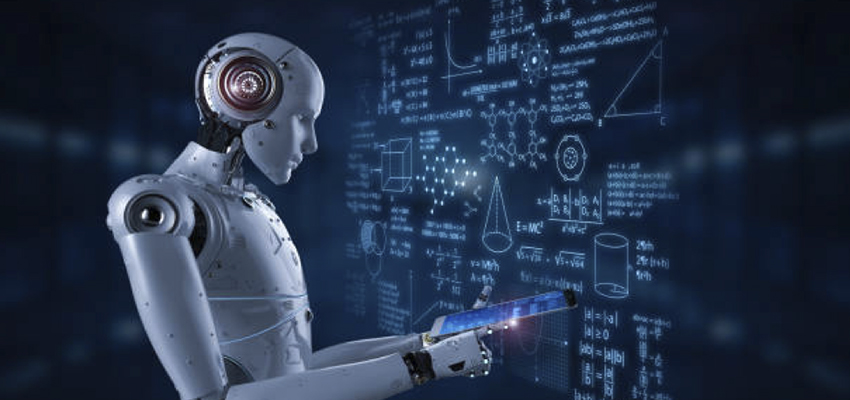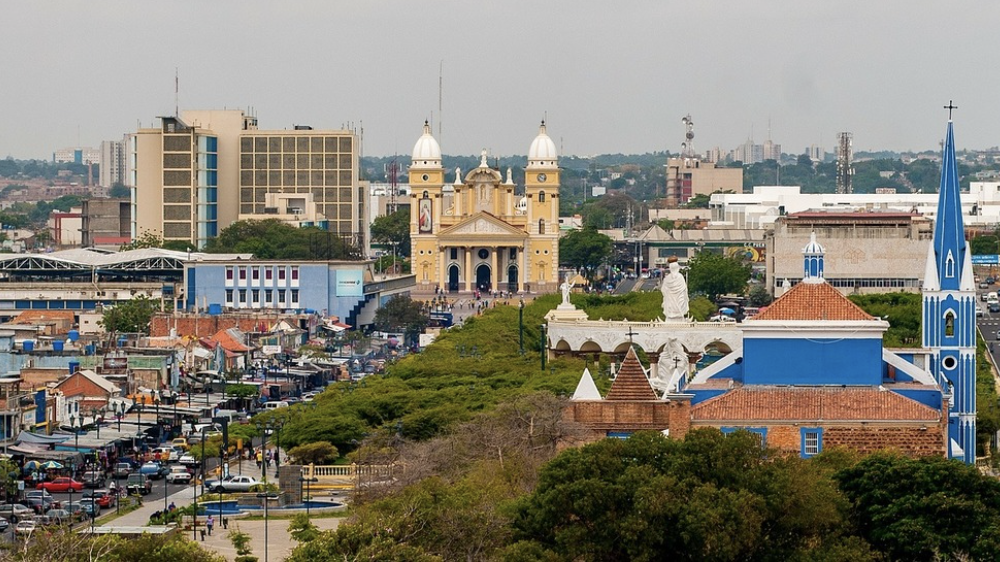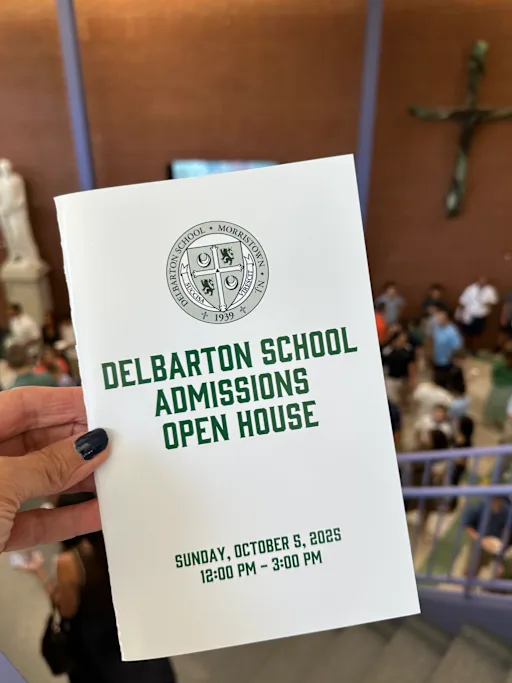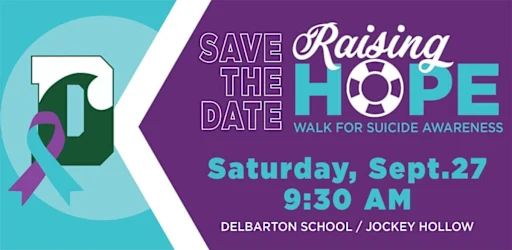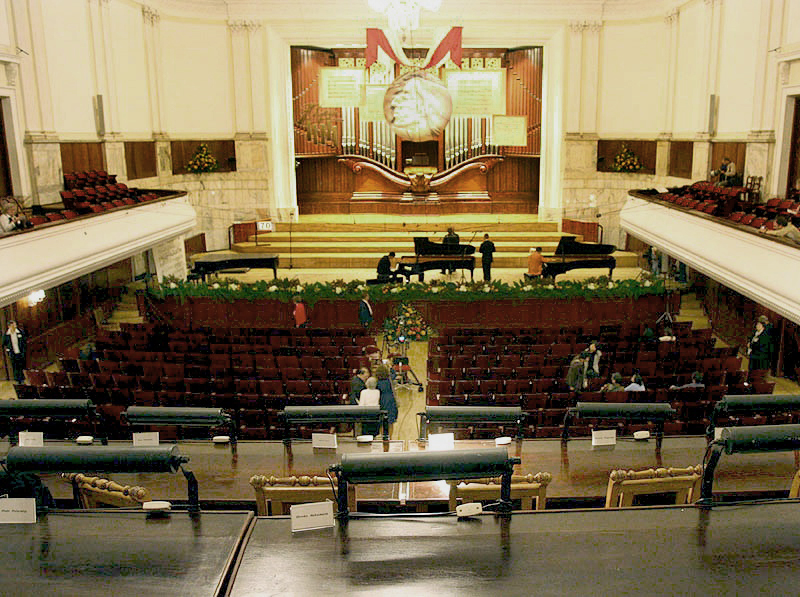“The Good Place” Review
February 26, 2018
Before you begin reading this review, please note that there are spoilers!
What happens when we die? Do we go before a judge who rules for eternal heaven or firey damnation? Do we just end up as a rotting sack of flesh in the ground or a pile of ash? The Good Place, created by Michael Shur, gives a comedic twist to this age-old question. Mr. Shur, also the co-creator for Parks and Recreation and a writer for The Office (U.S.), ingeniously created an afterlife that fuses the traditional “heaven” and “hell” with an appeal to current generations.
In the beginning of the show, Eleanor Shellstrop, played by Kristen Bell, wakes up after dying in a supermarket parking lot to meet Michael, the “architect” of one of the communities in the Good Place. As the name signifies, the Good Place represents the cheerful world that all people who were good on Earth get to spend eternity. Entrance into the Good Place is determined by an algorithm in which individuals are assigned points based on the moral nature of their actions. If you “plant [a] baobab tree in Madagascar” or “hug [a] sad friend,” you receive points. However, if you “disrupt [a] coral reef with [a] flipper” or “tell a woman to ‘smile,’” your total sum of points is reduced. Gaining entrance into the Good Place is highly selective, almost like college admissions (as our seniors know so well). All those who did not make the cut, including Christopher Columbus and every dead president except Abraham Lincoln, miss out on world of eternal sunshine and happiness and are sent to the Bad Place. Good thing, however, that colorful characters like Eleanor, Chidi, Tahani, Jianyu get to experience bliss in the Good Place.
As you can tell, the story doesn’t end there. Michael, the so-called “architect,” is revealed to be an immortal bureaucrat that works for the Bad Place. Given with the task of coming up with creative ways to torture bad people, Michael creates a version of hell that, although appears like the Good Place, is designed in a way to have his prisoners inflict their flaws upon one another. In essence, Michael wants to have his prisoners torture each other. Indeed, “Hell is other people” (Satre). Since the four prisoners learn of his plan, Michael races to perfect his community to create the ideal environment for torture. Yet, through his struggles with his idea, Michael begins to learn about Eleanor, Chidi, Tahani, and Jianyu on a personal level and, in a sudden change of heart, begins to help them escape the Bad Place and gain entrance to the real Good Place. As he explained to his disappointed infernal boss, “I was just trying to prove that humans could be made to torture each other. Instead, they helped each other. They were bad people. This wasn’t supposed to be possible.”
Michael helps Eleanor, Chidi, Tahani, and Jianyu escape the Bad Place and plead their case to an omniscient judge. In this adventure of achieving happiness, Michael begins to learn the foundations of moral philosophy through Chidi, an expert in philosophy and ethics. Throughout the show, Chidi teaches the rest of the group about how to be morally good. For example, through Michael’s power as an “architect,” Chidi and the others create a real-life example of the classic Trolley problem.
The Good Place has been a huge success for NBC. The show has become popular due to its focus on the human condition. Critically-acclaimed shows and movies all contain an antagonist that remains constant in his unethical actions and beliefs. Such antagonists never change and remain despicable throughout the plot. However, the characters in The Good Place, though sent to the Bad Place, strive to learn how to be good people. Even for someone who was created to work in the bureaucratic system of the Bad Place, Michael learns that he can feel emotions and can choose to act morally. Even after a lifetime of hatred, disappointment, and sadness, the worst people are redeemable. They can change, live their lives through good deeds, and strive to change the world around them.
The Good Place teaches us that we are redeemable and that we can always change to become better people. But you may be wondering what the point of being good is if there is no guarantee of heaven or even an afterlife, for that matter. The answer lies in what Chidi said in the final episode of the second season: “Why choose to be good every day if there is no guarantee away, now or in the afterlife? I argue that we choose to be good because of our bonds with other people and our innate desire to treat them with dignity. Simply put, we are not in this alone.”
